Inside the landmark case asserting 'the right to life' amid the climate crisis
The way of life on the Torres Strait Islands is at risk. Sea level rise caused by climate change is worsening storm surges and coastal erosion, causing flooding and damage to infrastructure, homes and cultural heritage sites. At the same time, rising sea temperatures are impacting marine habitats, causing coral bleaching and ocean acidification, all desecrating the ecology, economy and culture.
The islands and sea of the region are central to the identity of the local people. If rising sea levels and temperatures force these communities to relocate, the loss would be so great, it can be difficult to fully comprehend.
In May 2019, eight Torres Strait Islander people made headlines when they lodged a world-first complaint to the United Nations Human Rights Committee against the Australian government. In recent years, more individuals have taken to the courts to demand their governments defend their rights in the face of climate disaster, but this is the first case to take the complaint international. The Torres Strait Eight claim that the Australian government has failed to take adequate action on climate change and, as a consequence, has failed fundamental human rights obligations to Torres Strait Islander people.
Supported by 350 Australia, Gur A Baradharaw Kod (the region’s land and sea council), Seed Indigenous Youth Climate Network and represented by environmental lawyers with ClientEarth, the Eight highlighted Australia’s insufficient greenhouse gas mitigation targets and plans, and its failure to fund adequate coastal defence and resilience measures on the islands.
 Yessie Mosby's home, Masig (Yorke Island). Photo: 350 Australia.
Yessie Mosby's home, Masig (Yorke Island). Photo: 350 Australia.
In August this year, the Australian government responded by asking the UN to dismiss the claim, on the grounds it cannot be held individually responsible for climate change because it is a global problem. Yet Yessie Mosby and the claimants continue to share their stories while they await a verdict, predicted mid-2021. The Zenadh Kes Masig man helps us gain greater understanding of just what’s at stake, and what we can do.
Elle Murrell: The campaign is ‘Our Islands, Our Home’. Can you tell us a little bit about your home and what it means to you?
Yessie Mosby: The Torres Strait is situated between the tip of Cape York (Queensland) and Papua New Guinea. We sit in the Arafura coral sea which lies flush with the Pacific Ocean. I reside in a remote area on a coral cay island called Masig (Yorke Island). Masig is located in the Central part of the Torres Strait and we’re part of the Kulkalgal tribe. Masig is only one hour away from the mainland of Papua New Guinea.
 Co-claimant Yessie Mosby is a Zenadh Kes Masig man from Masig (Yorke Island). Photo: 350 Australia.
Co-claimant Yessie Mosby is a Zenadh Kes Masig man from Masig (Yorke Island). Photo: 350 Australia.
We’re a people who have ties to the land, sea and sky. We are a proud race, having resided here for over 60,000 years. We are seafaring people. We are saltwater people. We have our own cultural structures and lores that we still abide by today, which make us unique to Papua New Guinean and Aboriginal tribes on mainland Australia. The Torres Strait is a very special place for us. It’s everything to me.
How did the complaint come about?
The claimants are eight Torres Strait Islanders, who come from four different islands. Keith Pabai and Father Stanley Marama are from Boigu, which is located in the top Western part of the Torres Strait. Myself and my Aunty Nazareth Warria are from Masig, Central Torres Strait. Nazareth Fauid is from Poruma (Coconut Island) and Kabay Tamu, Danny Bill and Ted Billy from Warraber (Sue Island). We all face the impacts of inundation, erosion and sea level rise due to climate change.
 The Torres Strait Eight: Yessie Mosby, Kabay Tamu, Keith Pabai, Stanley Marama, Nazareth Warria, Ted Billy, Daniel Billy and Nazareth Fauid.
The Torres Strait Eight: Yessie Mosby, Kabay Tamu, Keith Pabai, Stanley Marama, Nazareth Warria, Ted Billy, Daniel Billy and Nazareth Fauid.
Our good friend Sophie (ClientEarth lawyer) visited us and heard our cry for climate justice. Our voice couldn't be heard before because of how remote it is where we live. We were searching for ways to amplify our voices because something needs to be done. This is why we took part in this landmark complaint.
The concern was for our next generations, so we came together to fight for the future of our kids.
How does climate change and environmental degradation impact your daily life?
In Masig, the erosion and inundation is washing our loved ones’ remains away. We did not bury our loved ones on the shorelines, we buried them inland. They are no longer inland, they are now at the water’s edge due to sea level rise. Some of the families here in Masig have lost loved ones to the sea because of the rising sea levels.
We have very, very long droughts. Our crops don't grow as well as they used to. Our well water has turned brackish due to inundation and saltwater intrusion. The weather patterns have changed. They’re not the usual weather pattern that we are familiar with – it now surprises us. The south-easterly winds now blow for nine months when it’s supposed to be just for five months.
All the major lagoons where we catch our food are not there anymore, they are covered in sand. All the grazing pastures for dugongs and turtles have also disappeared. We have to go further out in the ocean to collect our food.
During monsoon season, we are constantly on edge. We are worried that when it hits it won’t take out one metre of land in a year, but three or four metres in a few hours. We now understand that this is a result of climate change. It's not a part of the life we were used to, it's hard to adapt to. Life is harder due to these changes.
 A storm surge in Masig (Yorke Island). Photo: 350 Australia.
A storm surge in Masig (Yorke Island). Photo: 350 Australia.
I imagine stepping forward to be a claimant required a lot of courage and commitment; what went through your mind when you were considering getting involved?
Thinking of my kids made me take the first step towards this claim. We have a cultural structure where all our nephews and nieces are our children. So when I say my kids I don't just mean my six biological kids, I'm talking about the future of many Torres Strait children.
What made me take my second step was holding my grandmother's remains that were exposed due to erosion and inundation. When holding my grandmother's skull, after a driftwood had smashed through it, I felt emotional knowing that if it wasn't for her, I wouldn't be here today. That heartbreaking situation made me take a second step to be on the boat (the claim) and I pulled the sail and said to myself that I have to try to do something to save what I can, otherwise I will regret it.
How do you feel the case is progressing so far? And are there any other battles that have inspired you and your co-claimants to keep fighting?
Torres Strait people were the first race of Indigenous people to do a maritime strike against their own government for better living – that inspired me.
 Artwork by Torres Strait Island artist Dylan Mooney.
Artwork by Torres Strait Island artist Dylan Mooney.
Eddie Koiki Mabo was the first Indigenous person to win land rights against the government for his home and his people's home – that inspired me.
When all the Torres Strait grandfathers broke the World Record for laying the greatest length of railway in a single day – that inspired me.
When Torres Strait people won their sea council rights to the waters which surround us and took full ownership of their own waters – that inspired me.
I believe this claim will open the door for many nations, islands, tribes and clans across the world who are suffering due to climate change. Seeing support and unity inspires me.
With the UN response due in mid-2021, what would a win look like for you?
Right now we are organising our communities to build momentum for the claim, ahead of the decision being made. My focus is trying to get our voice out there: getting people to sign our petition and to promote the claim so people will know more about what we’re facing and help put pressure on the government to reduce Australia’s carbon emissions.
We need public support from all around the world. We need the fossil fuel industry to stop what they’re doing. I believe that when greenhouse gas emissions are reduced, our lagoons will come back crystal blue and we will see schools of fish come back.
A win means a safer climate. It means a world that is liveable, free from worry. A win means my children won't need to go far to collect food for their children. A win means that our kids and grandchildren will have a better life. A win will mean being happy growing old knowing that we fought a good fight for our kid’s future. Life will be how it used to be.

Artwork by Torres Strait Island artist Dylan Mooney.
The complaint also draws attention to the impacts of climate change for mainland Australians, and people all around the world. Why is this so important right now?
The Torres Strait is not contributing to greenhouse gas emissions but we’re the first ones on the frontlines being impacted. We are neglected by all these countries like Australia who are contributing so much to the climate crisis. They are not realising that we, in the background, are suffering much more.
This campaign is important because more people are beginning to notice what we are trying to deal with. We are not only fighting for our homelands but for all those who are not heard. There are a lot of remote islands, villages, tribes and clans that are also being affected by climate change. I can hear their cries for help to try to protect what belongs to them. We are doing this for everybody who cannot be heard at this time.
This claim will have a ripple effect. I believe we have a winning case and we’ll be opening the door for others.
Support the claimants by signing this petition and following on Instagram and Facebook for timely updates.
350 Australia received a grant from Patagonia as part of our 1% for the Planet commitment.



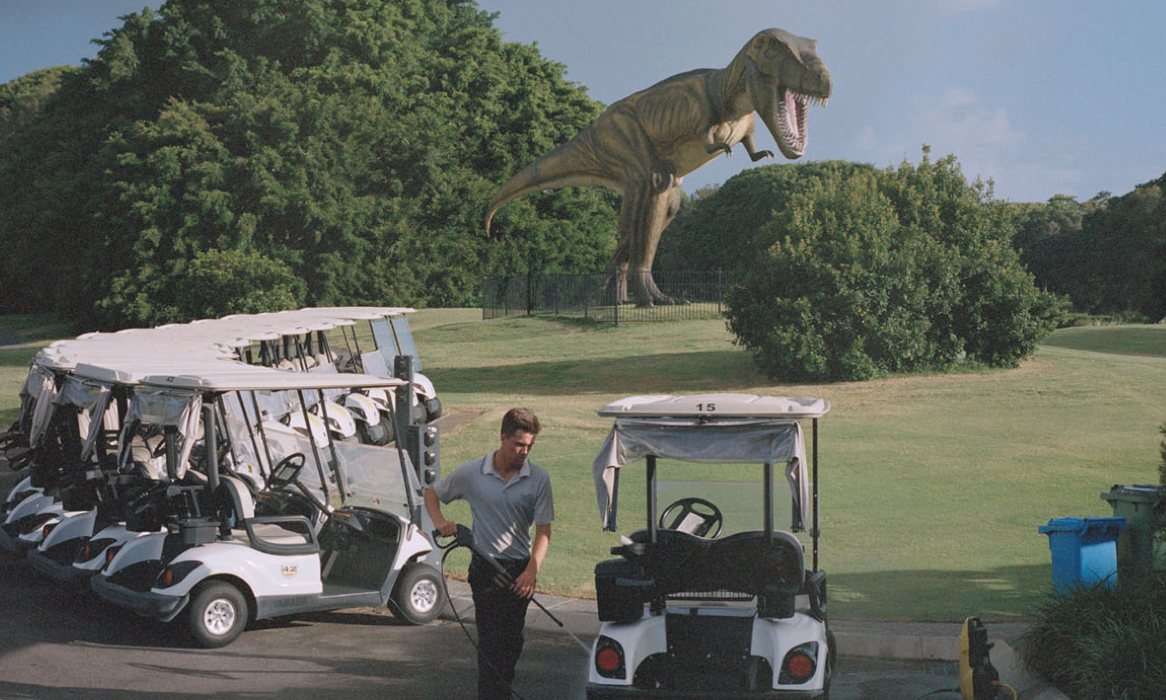
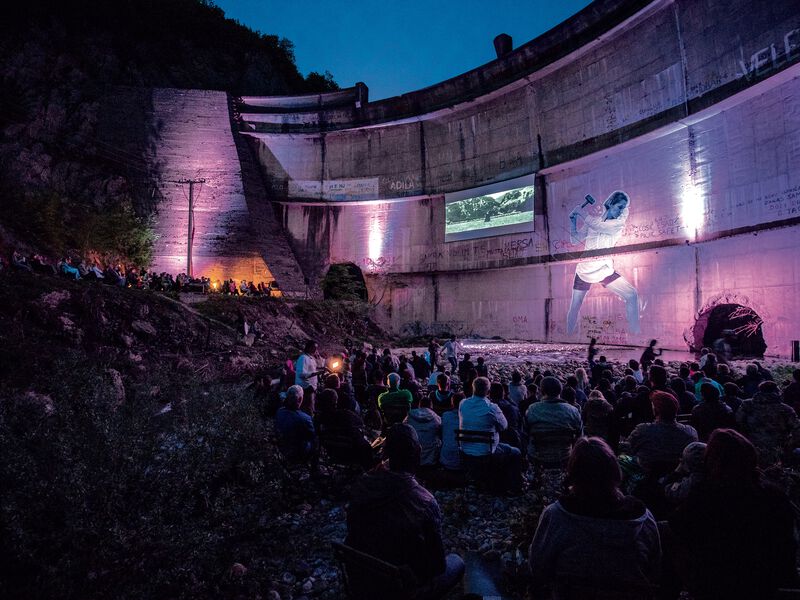


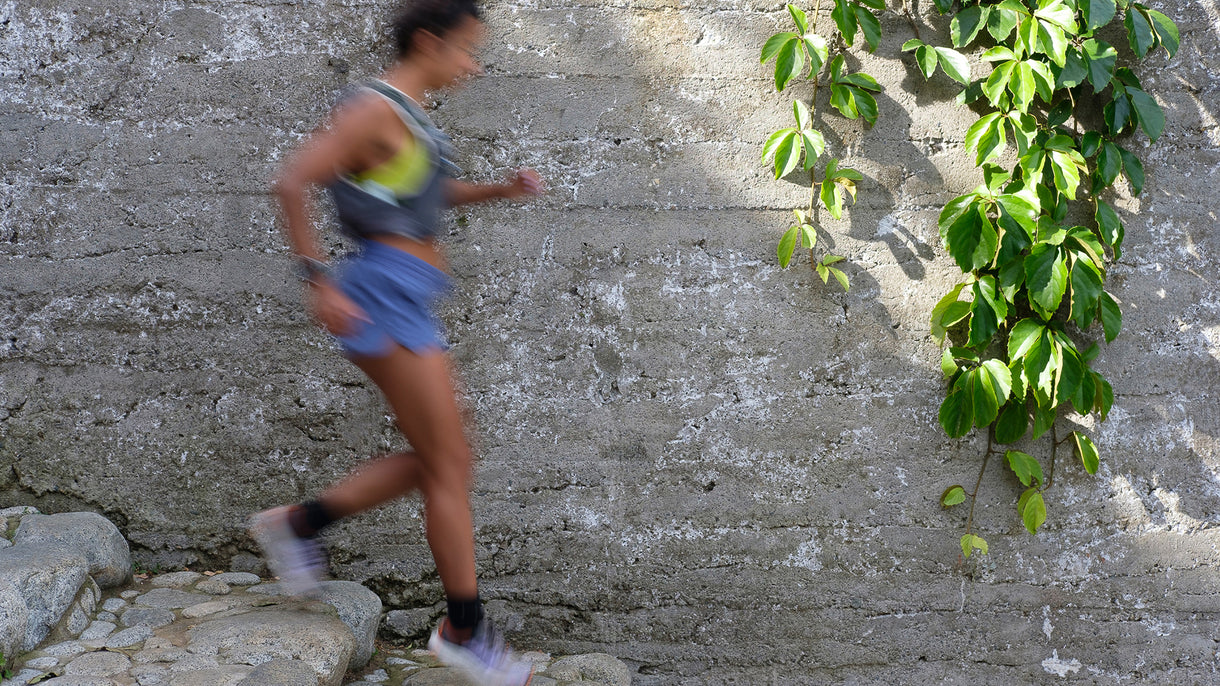



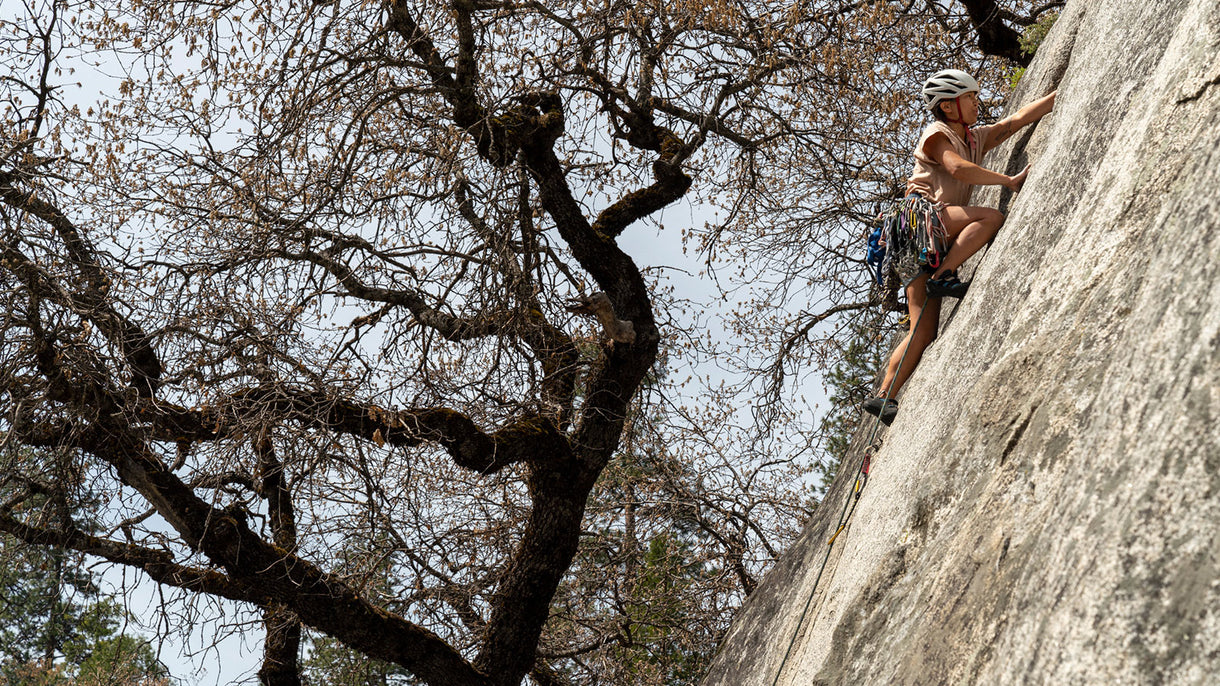




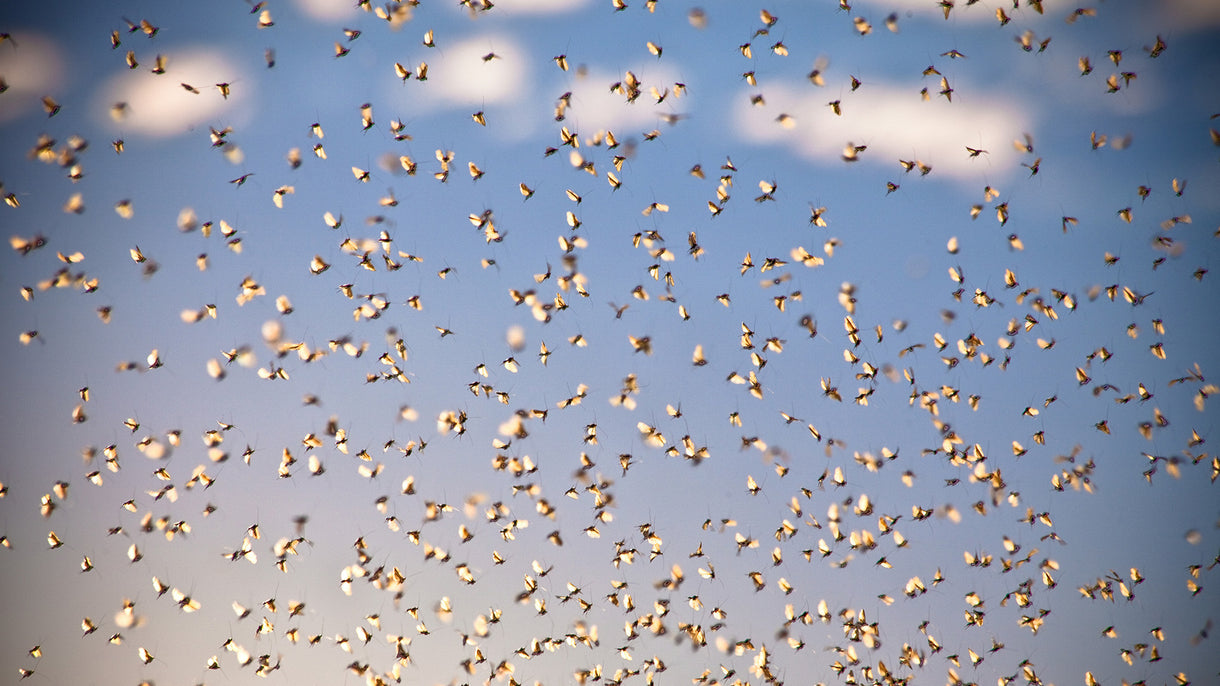







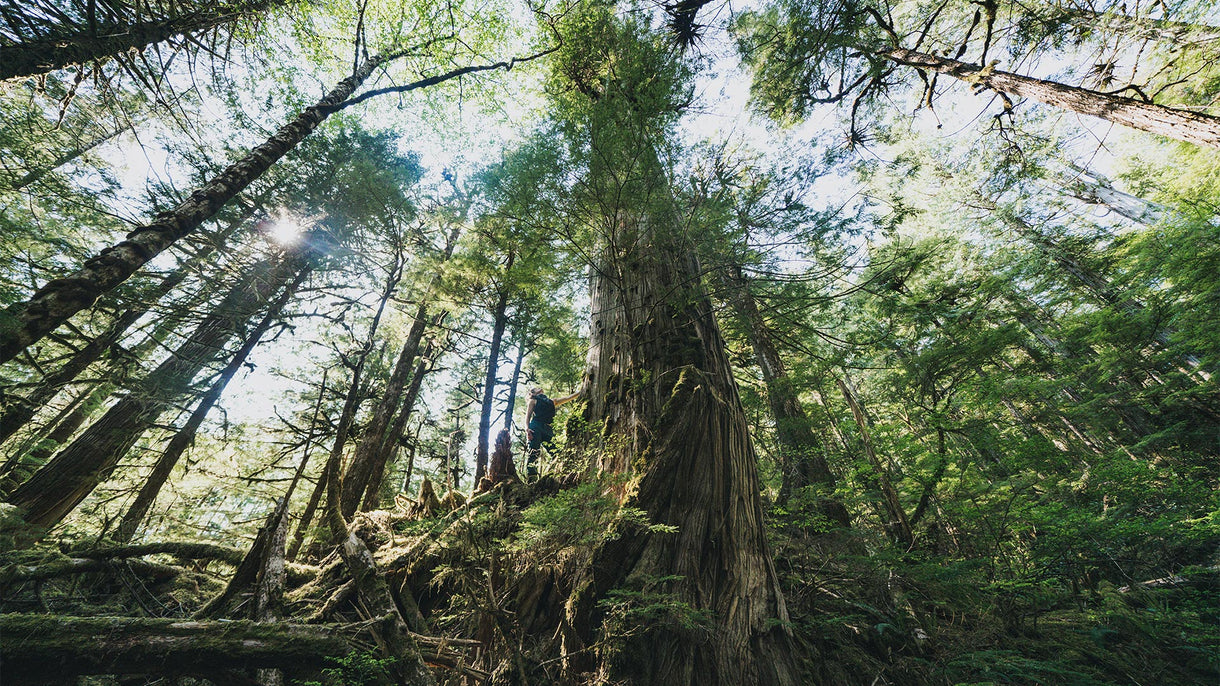
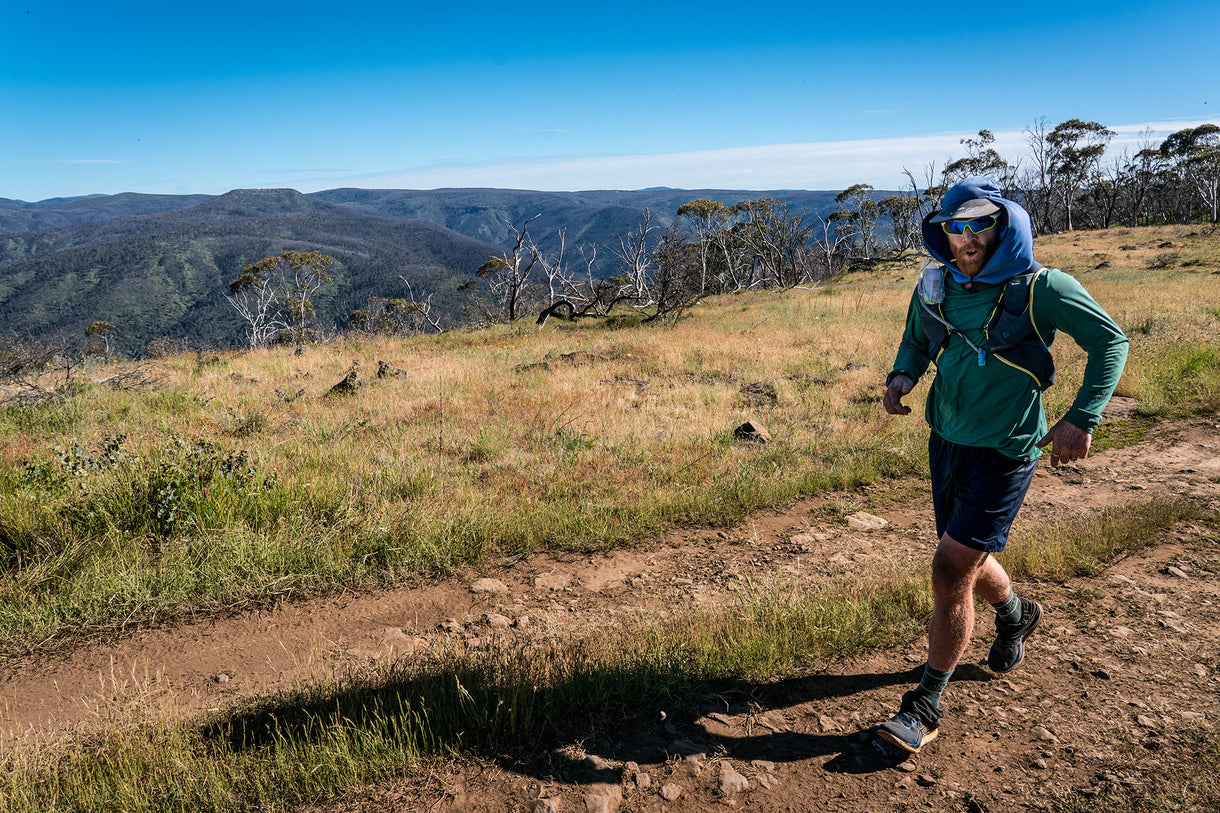
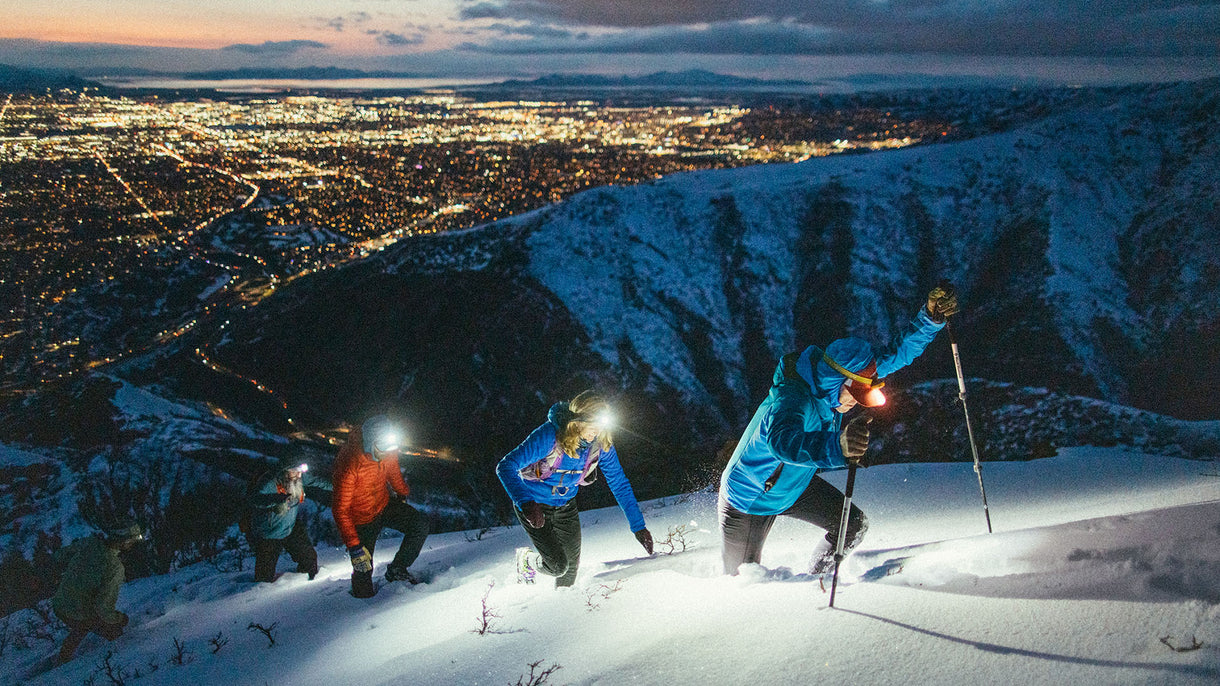
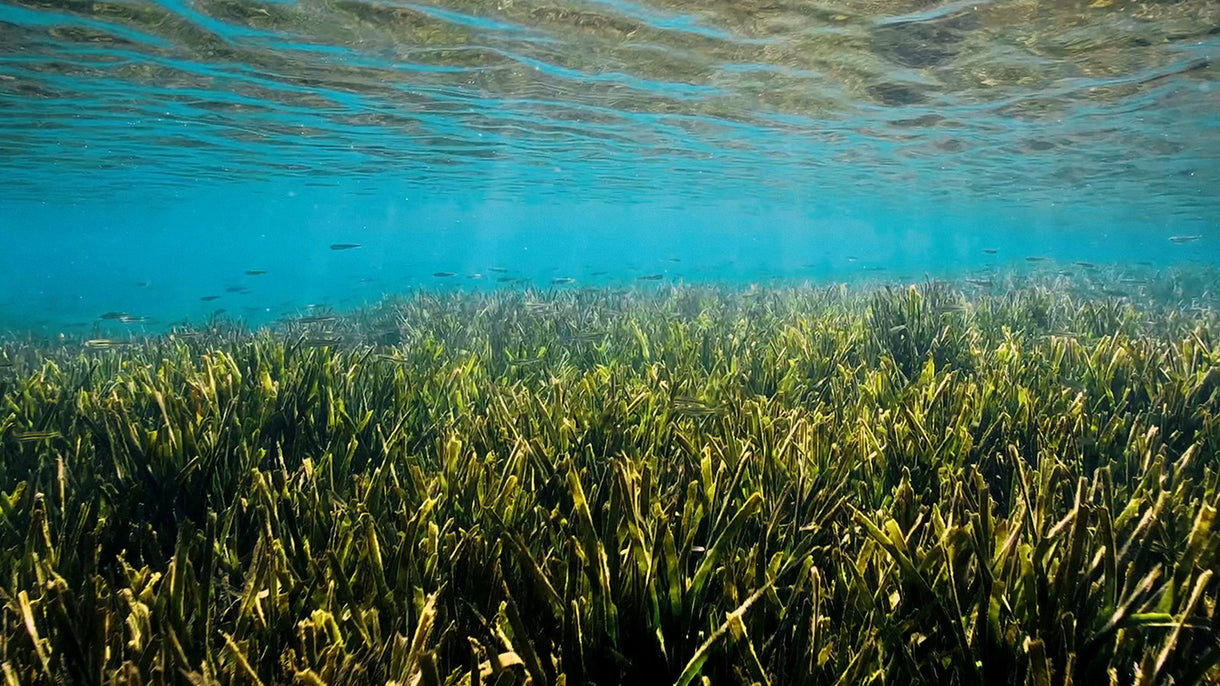
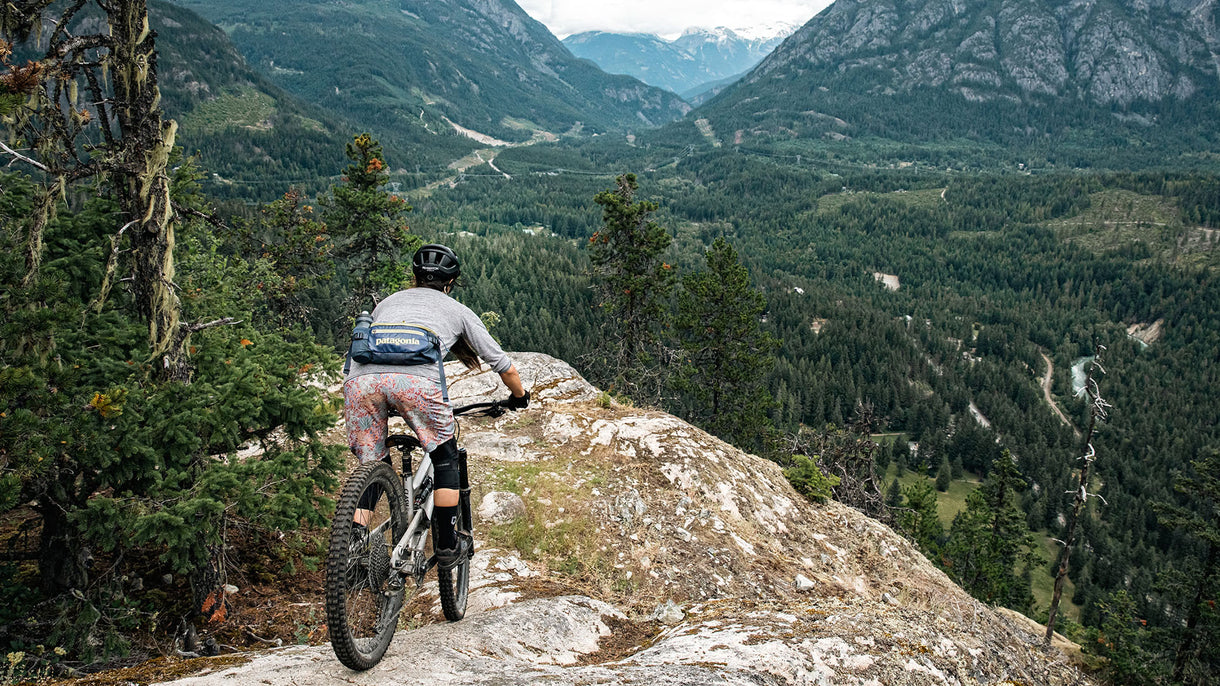
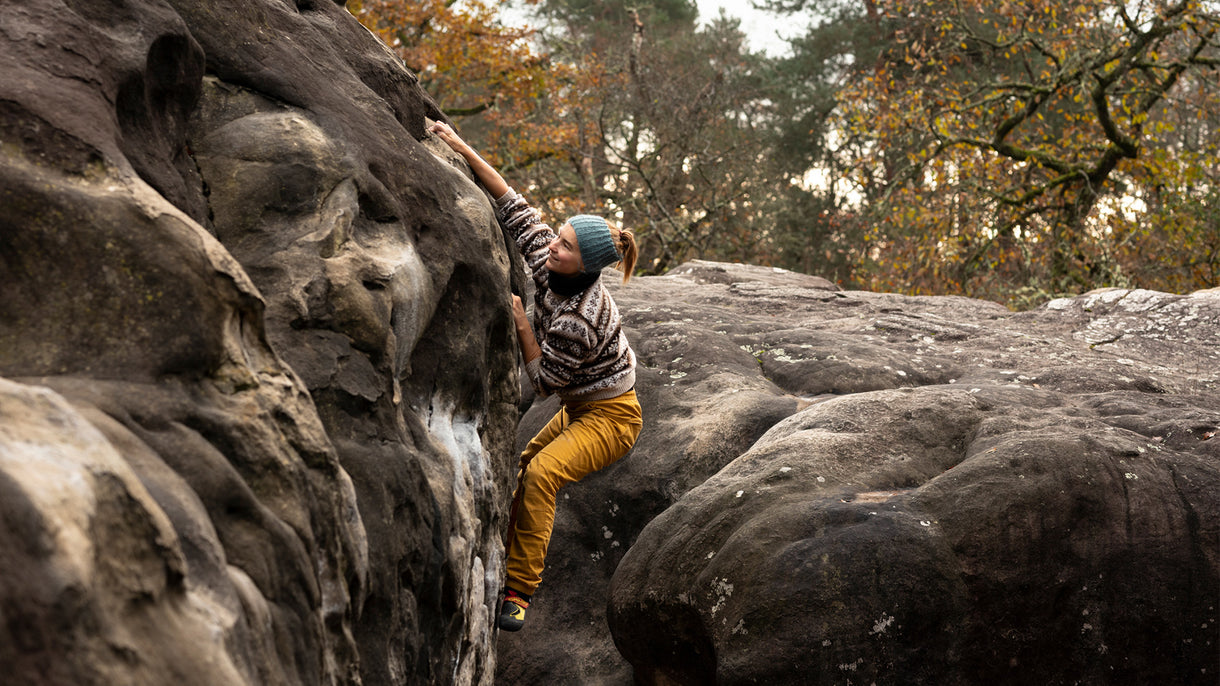
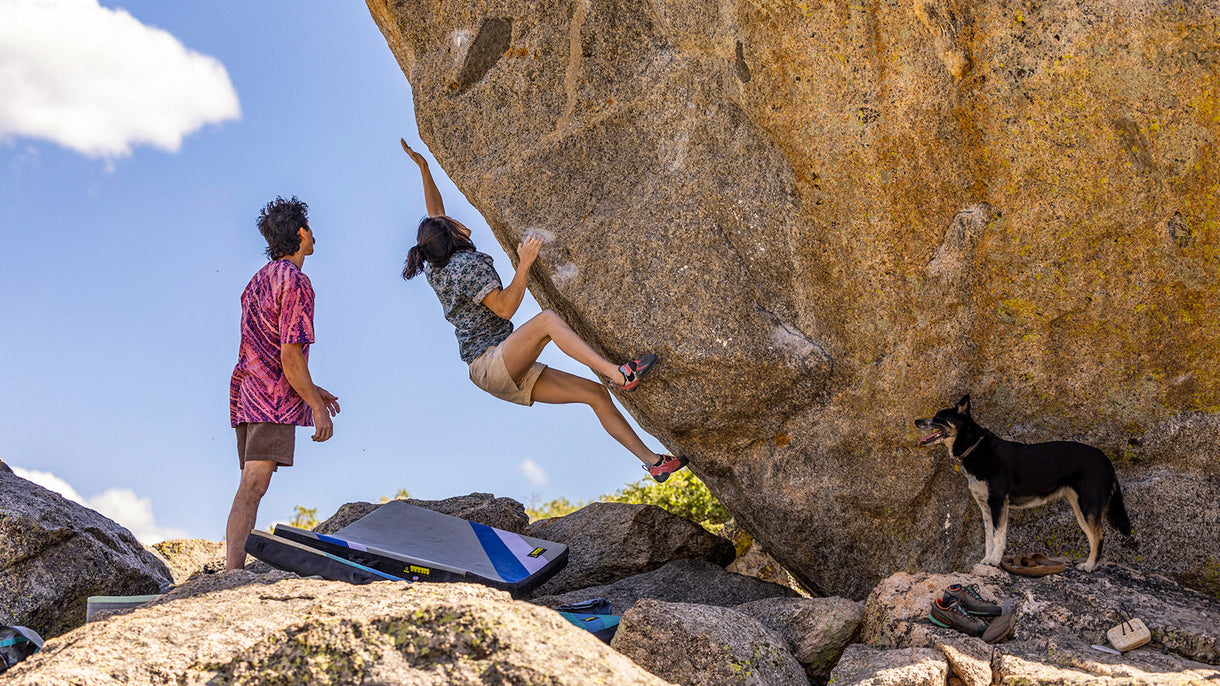

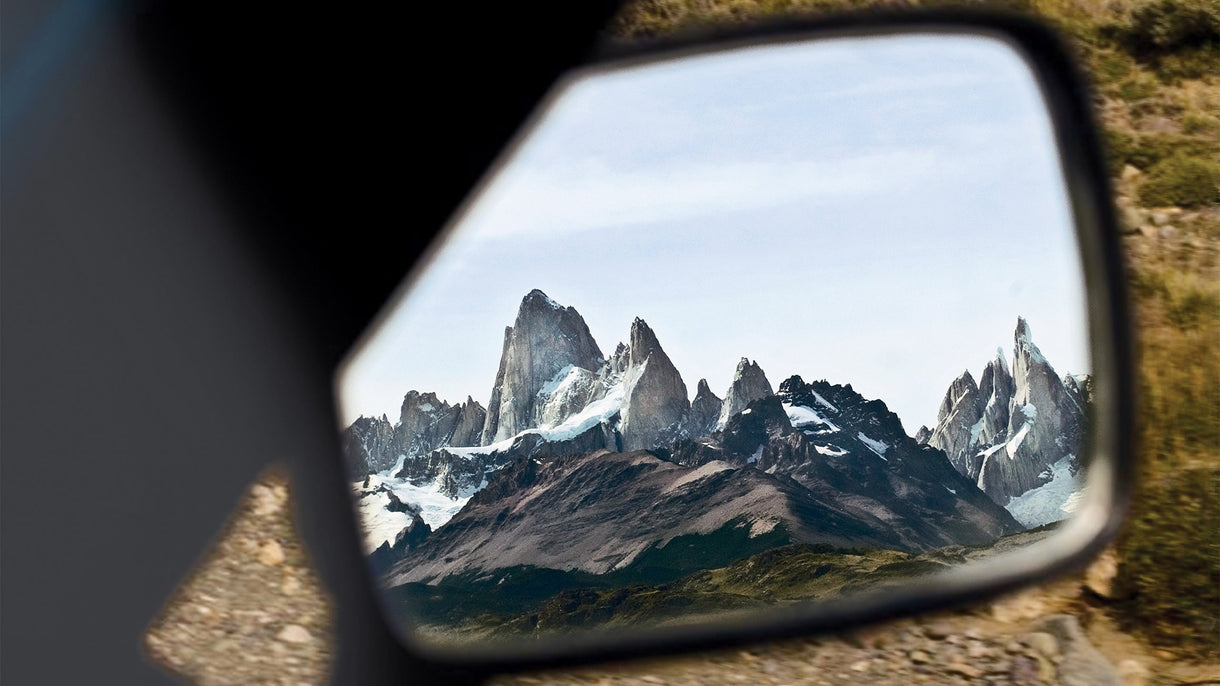
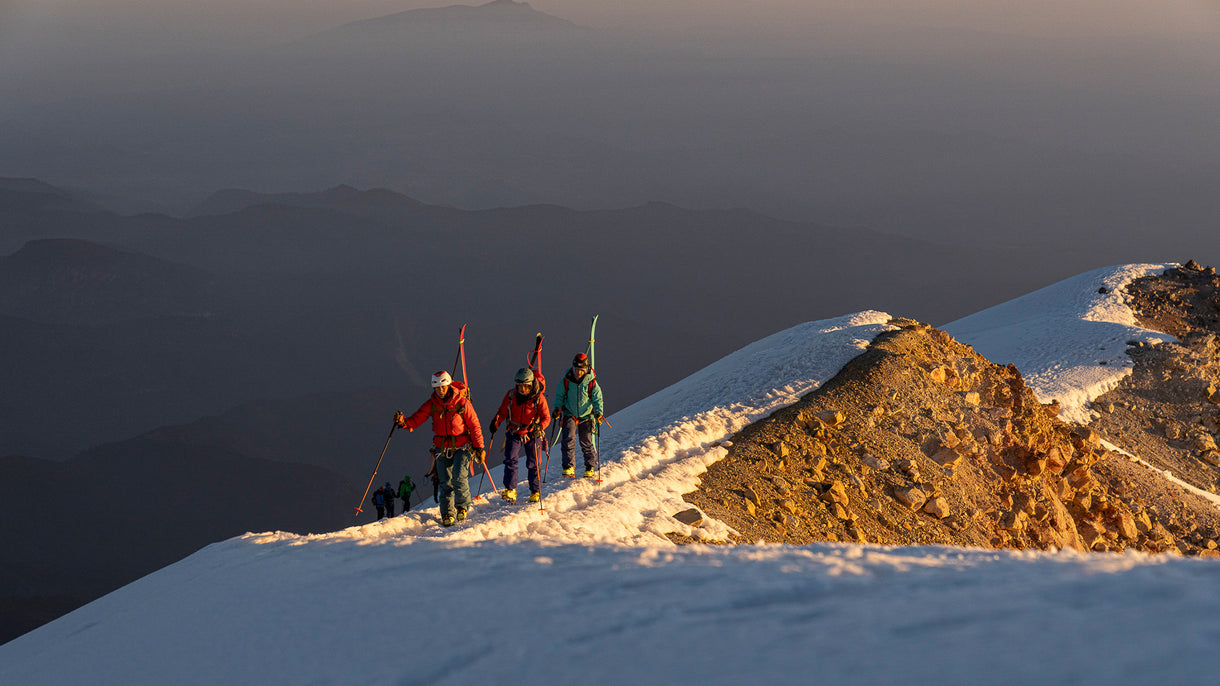
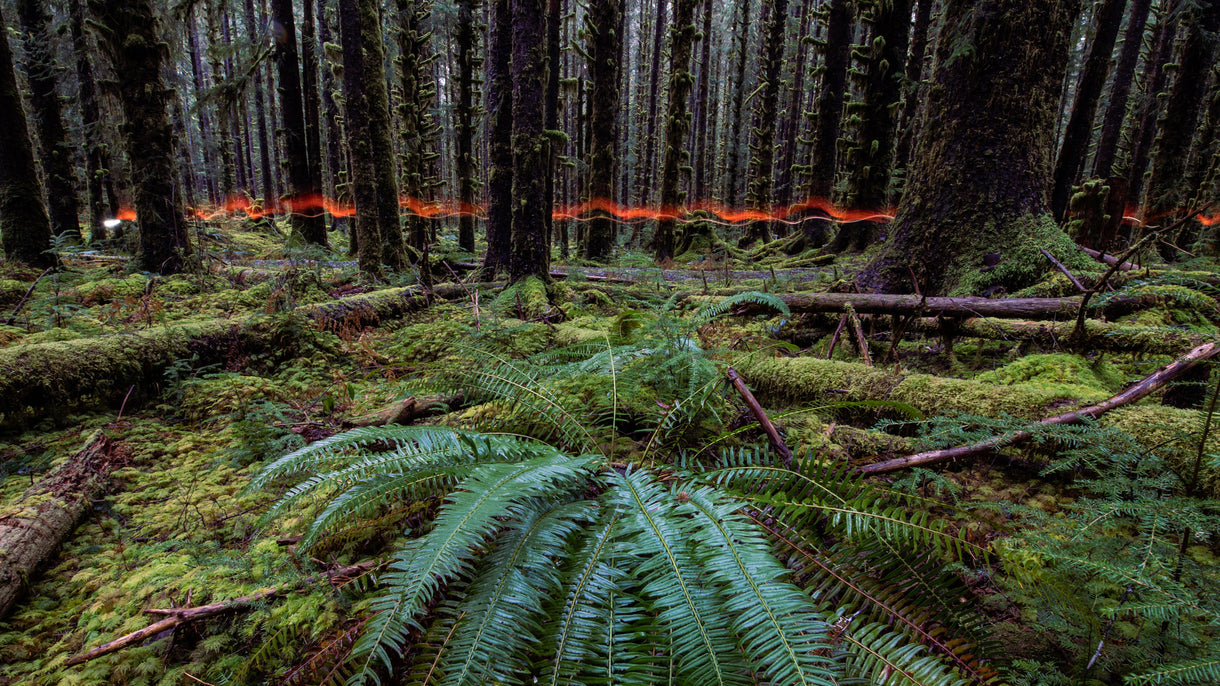
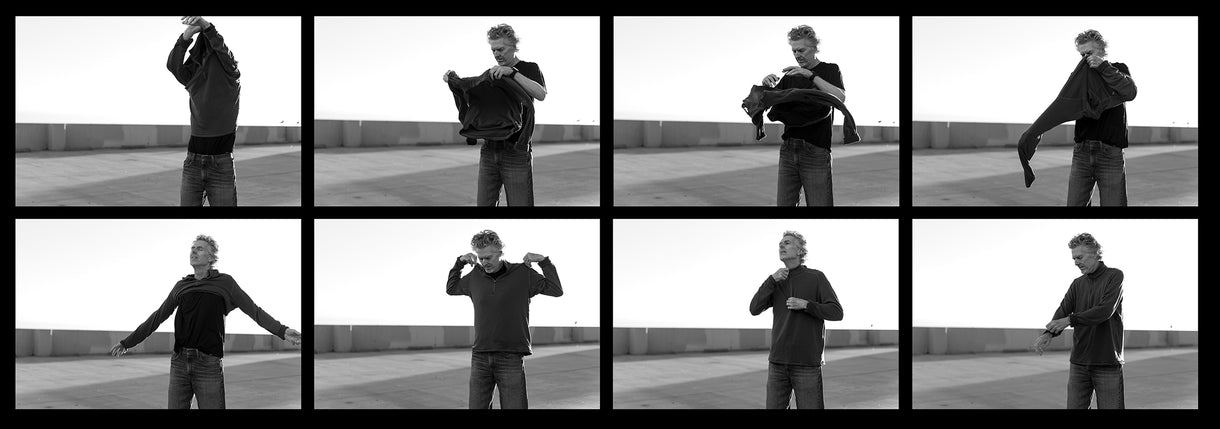
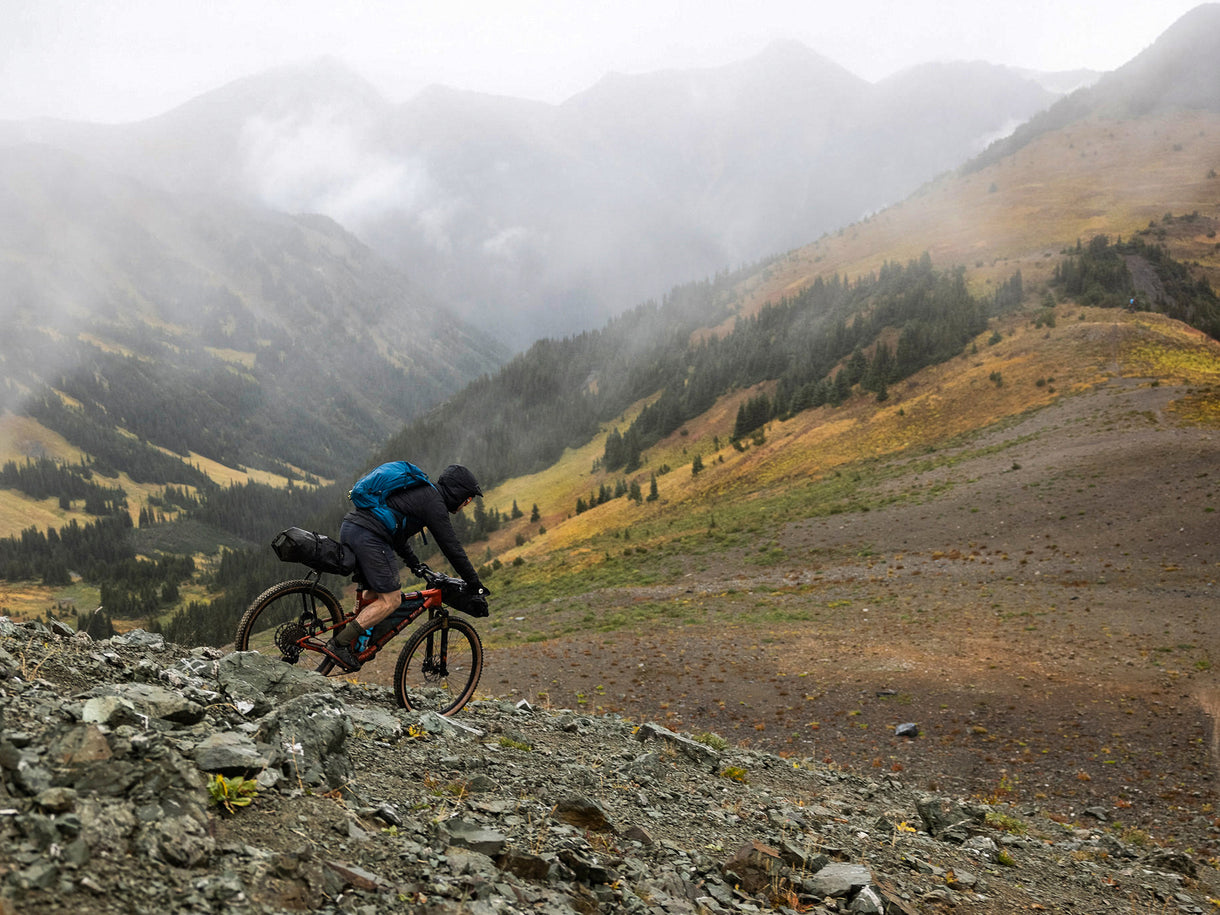
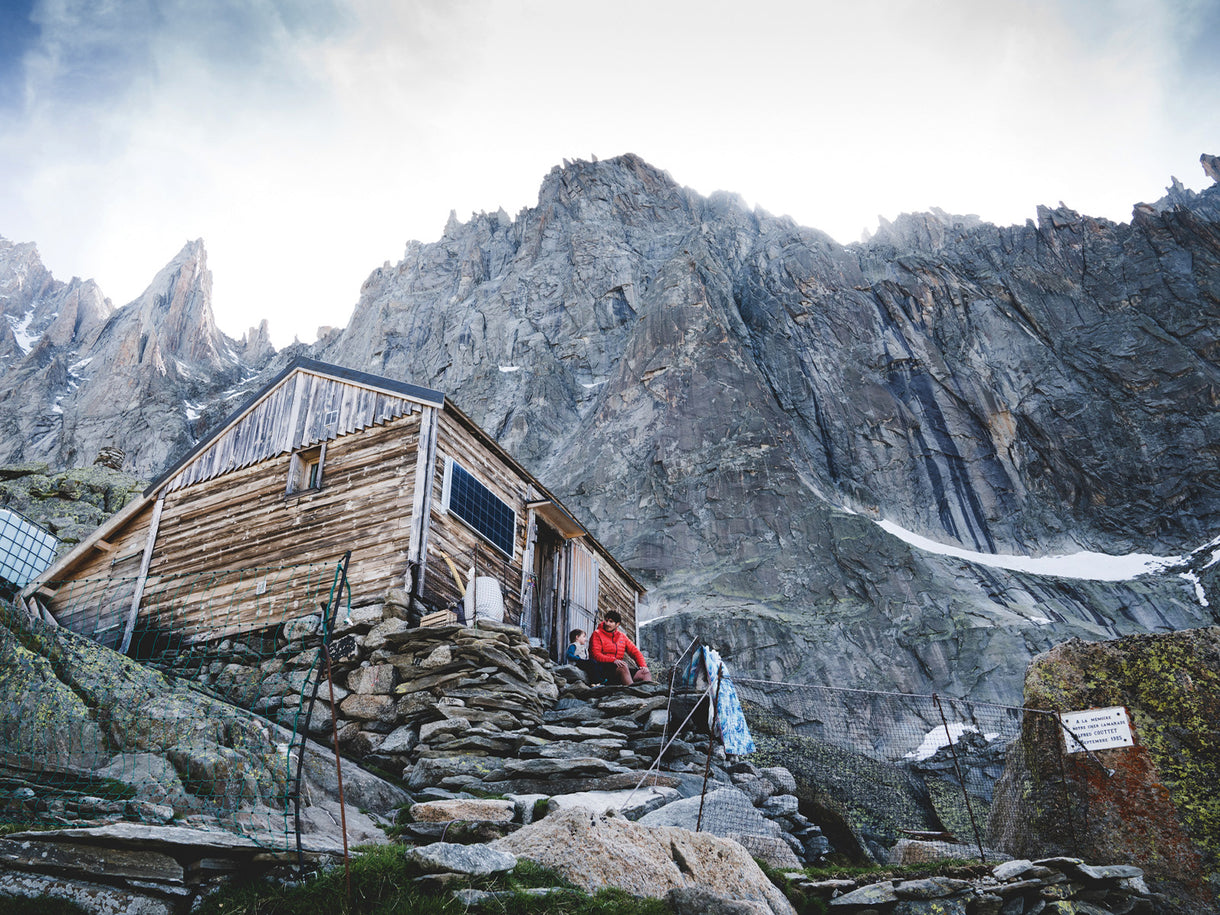
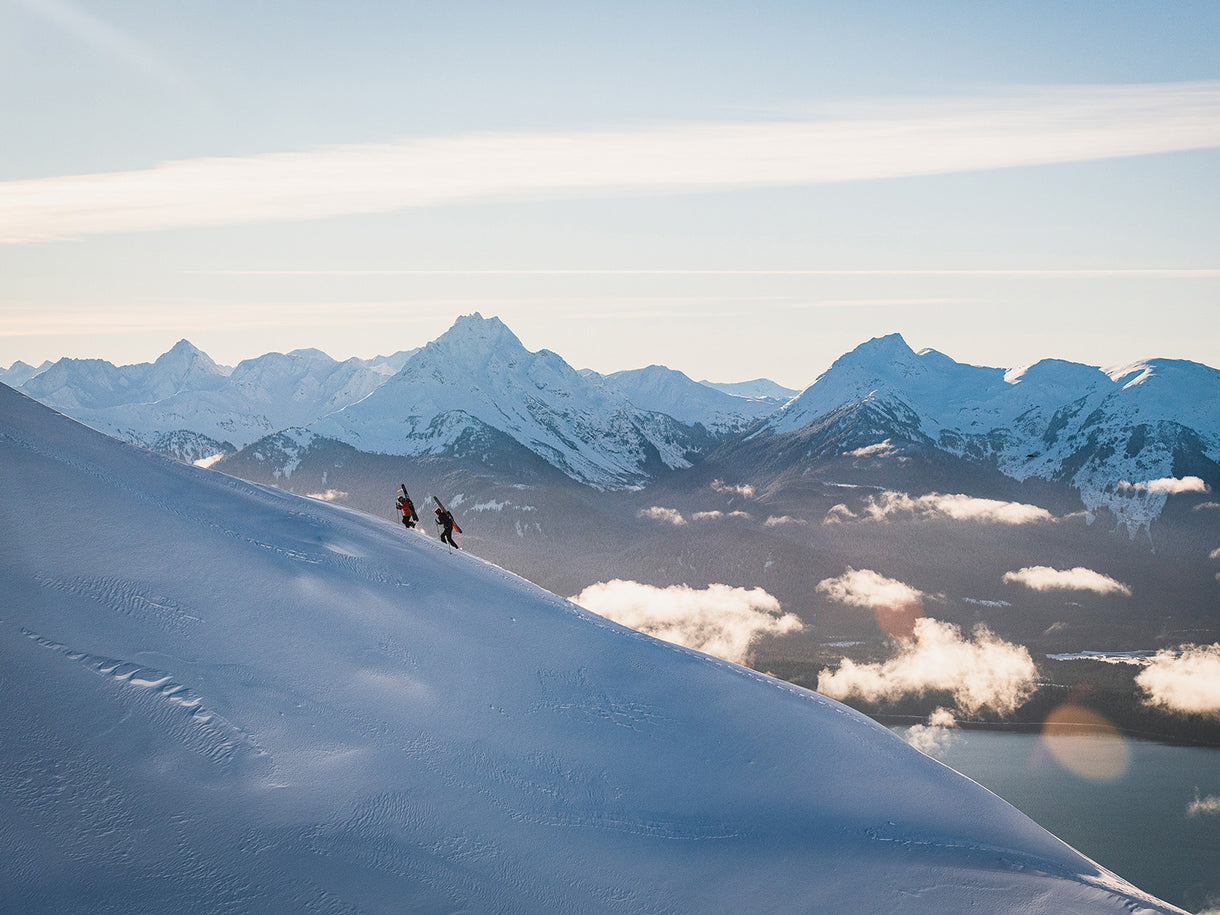
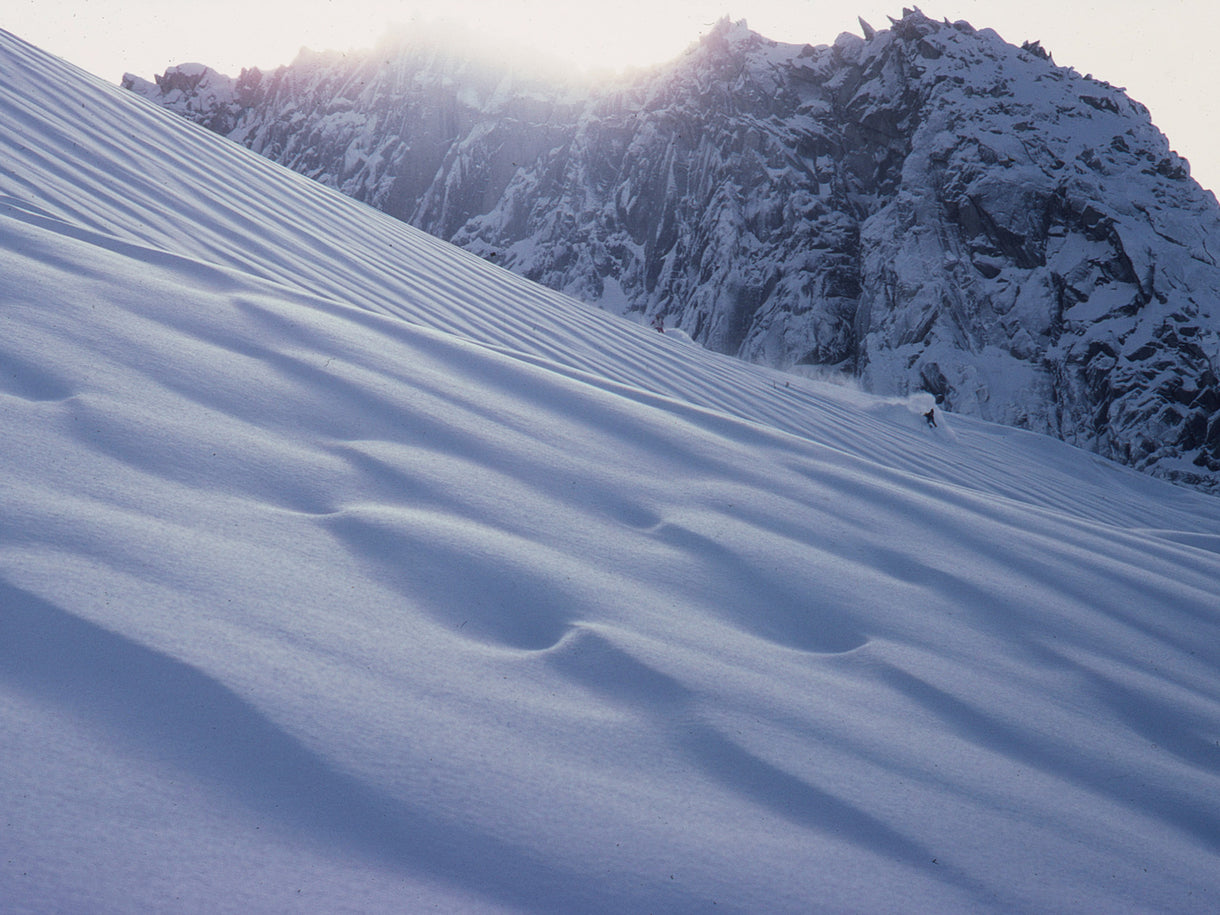
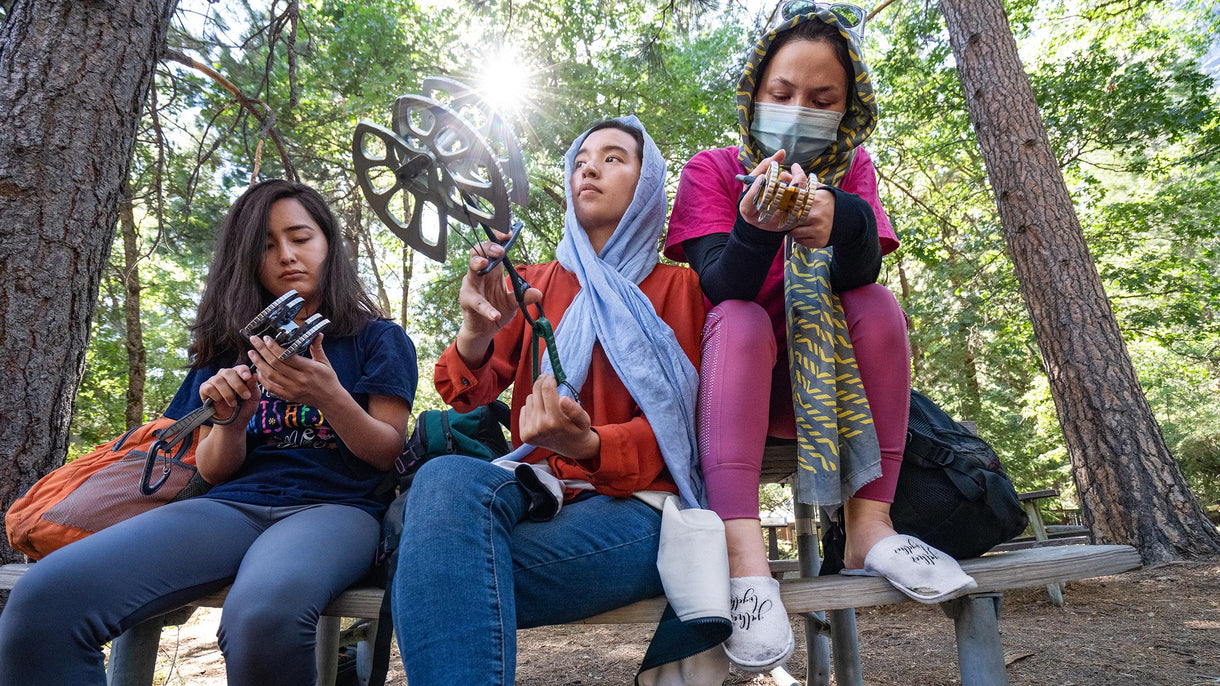
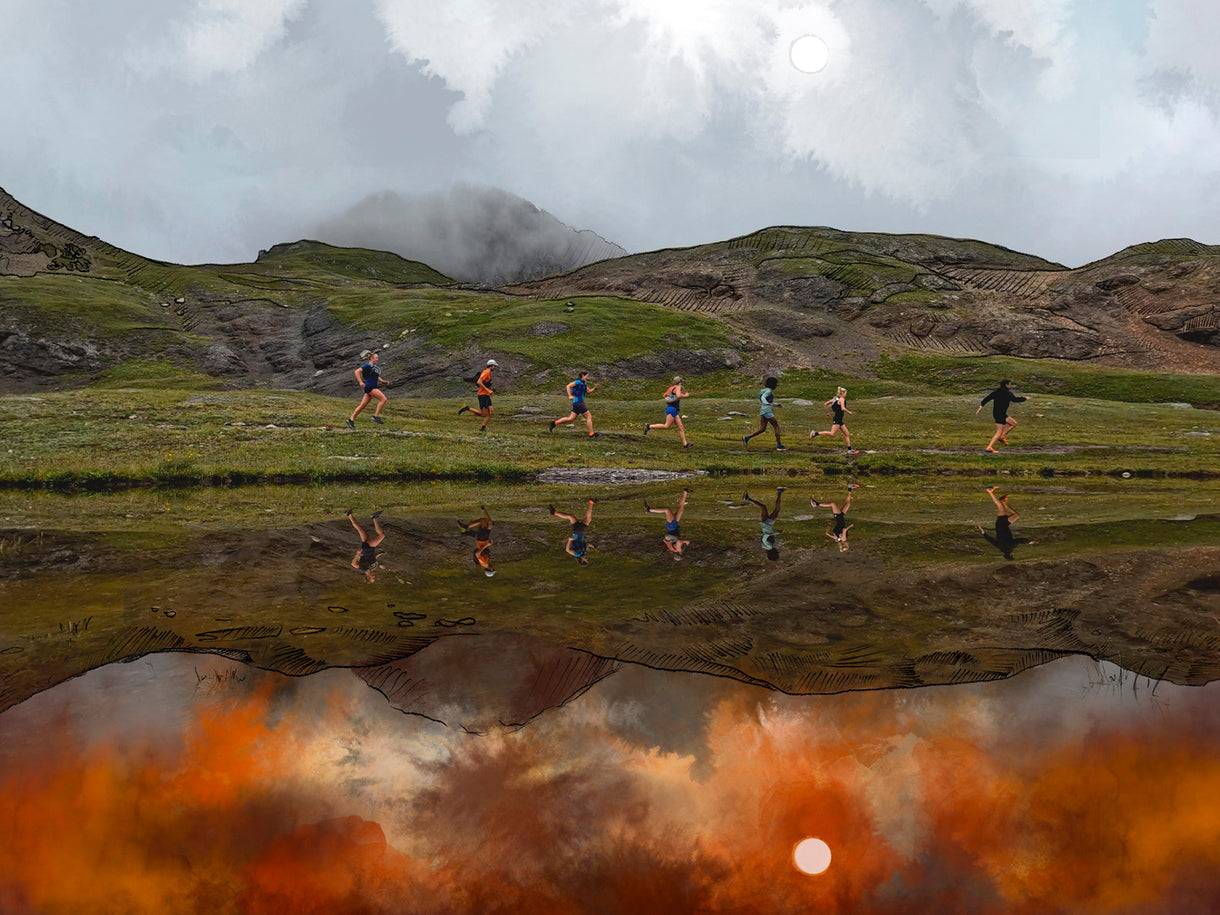
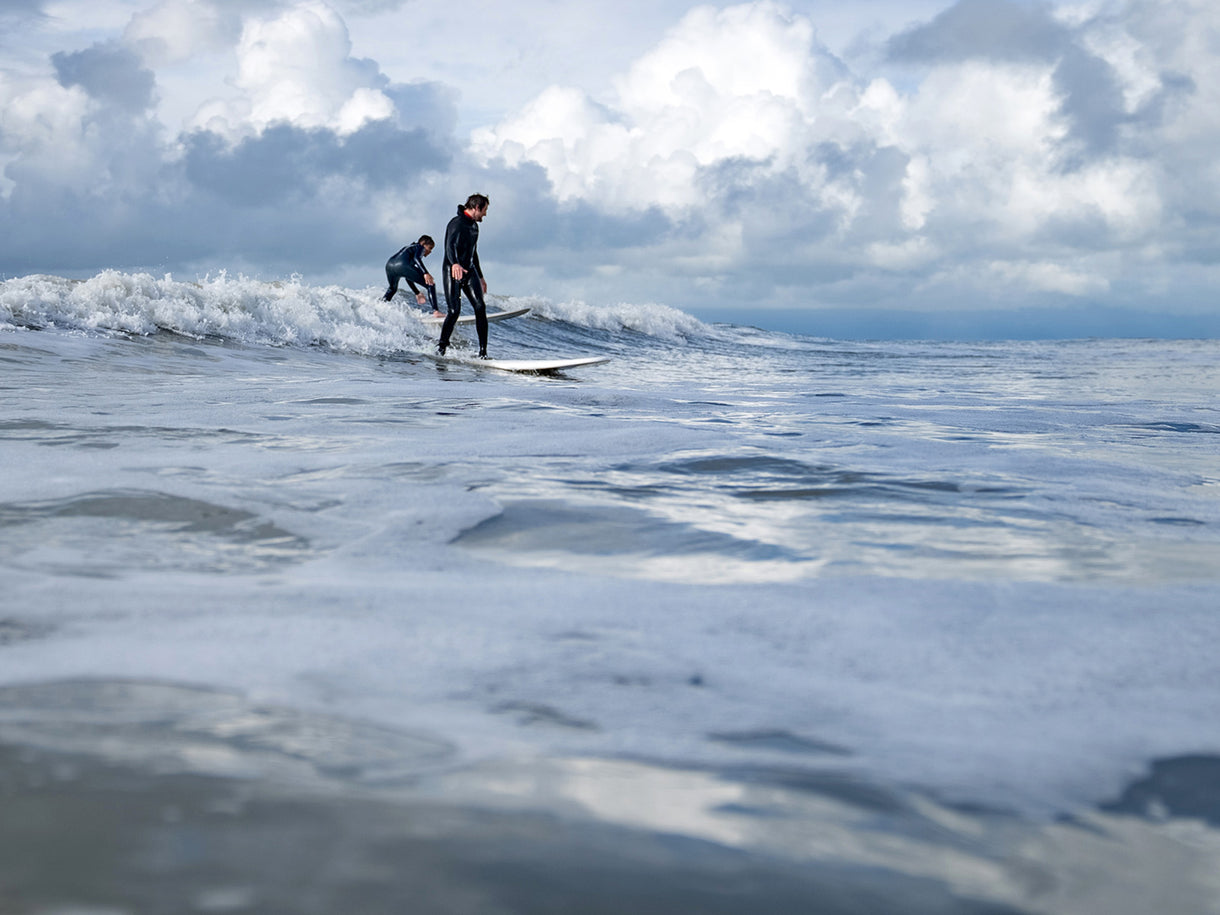
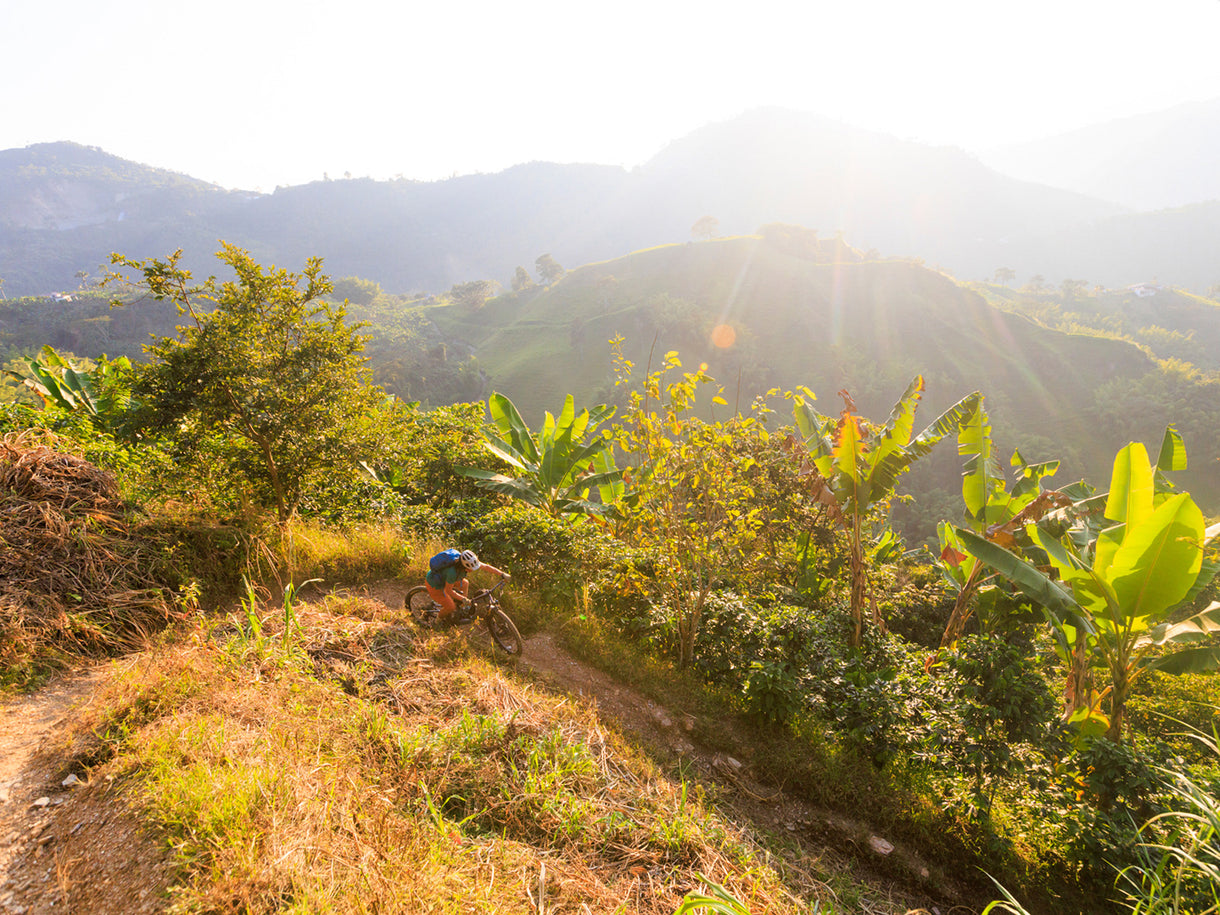
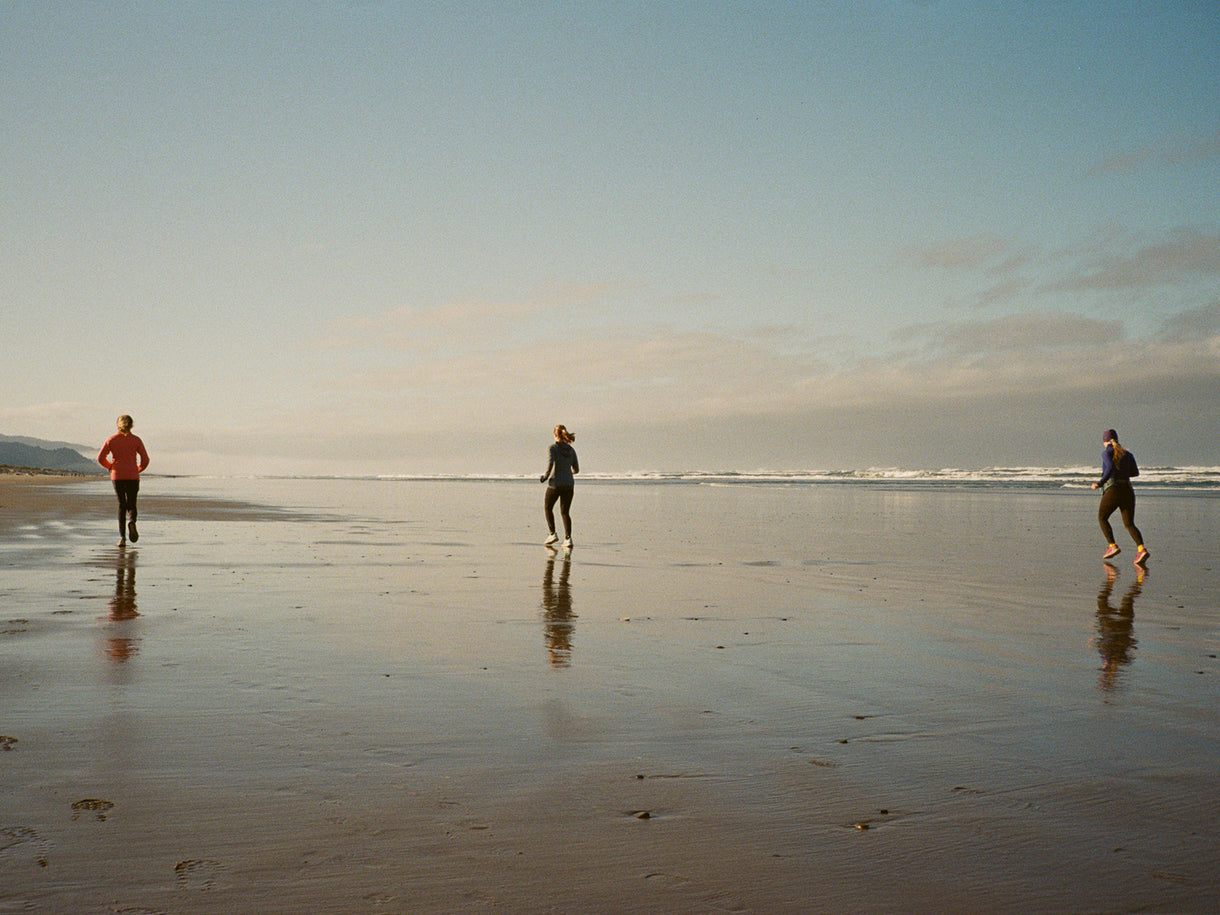
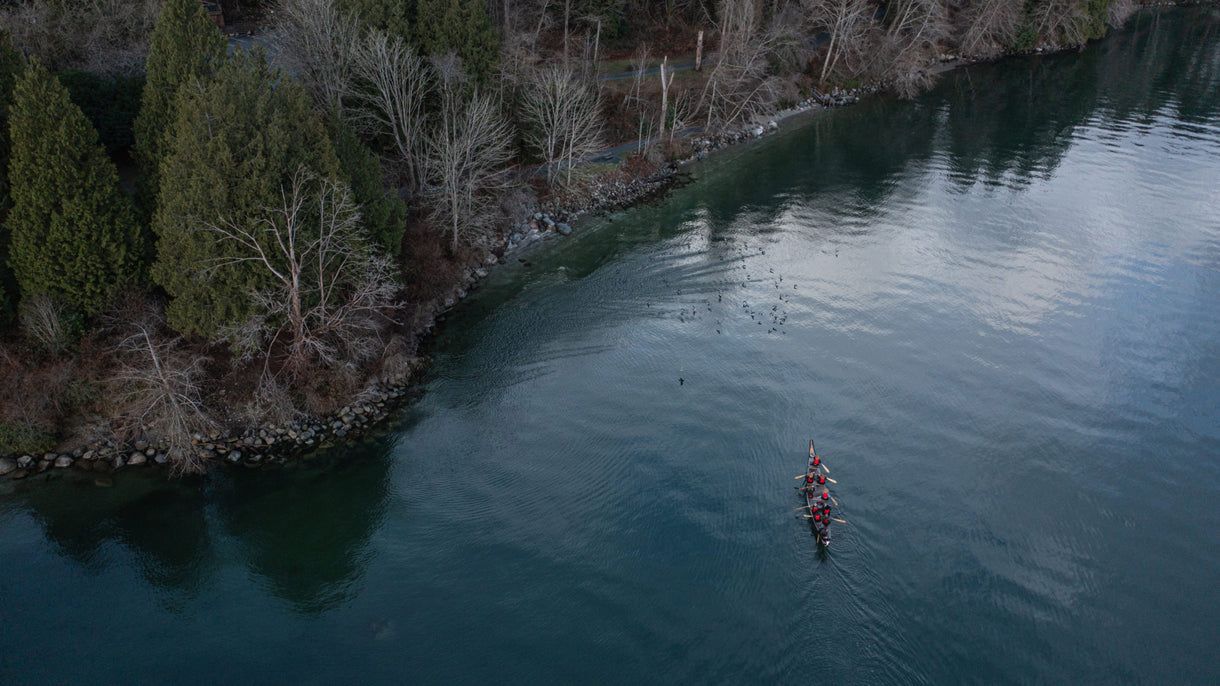
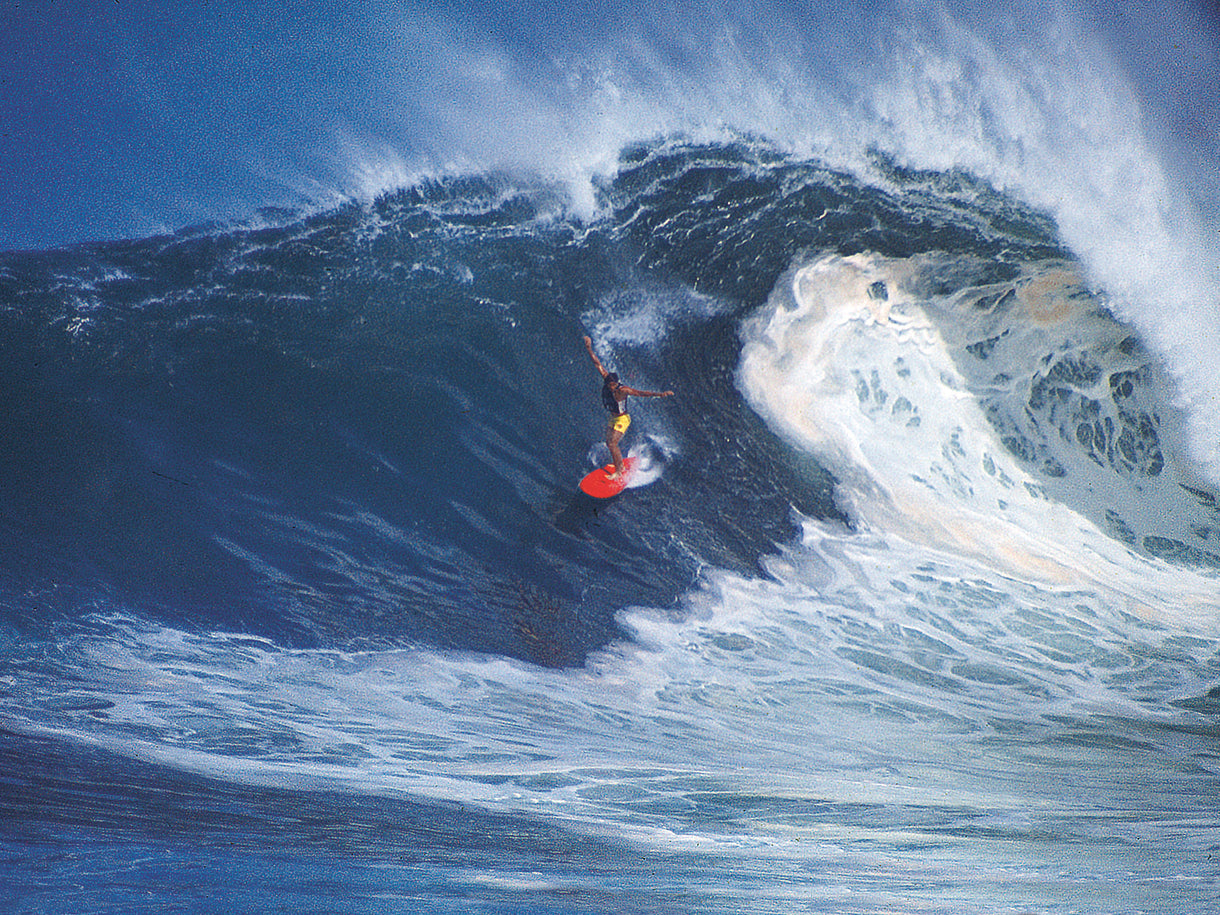

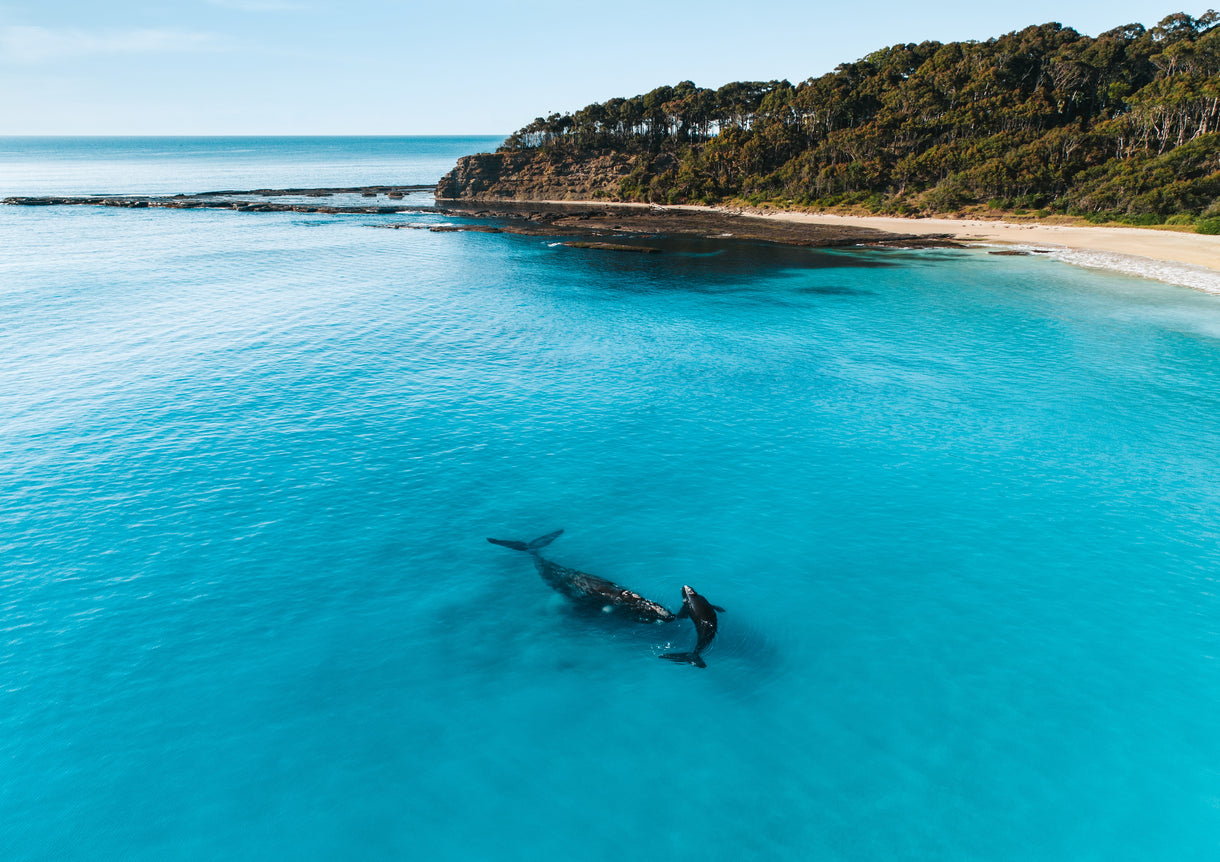
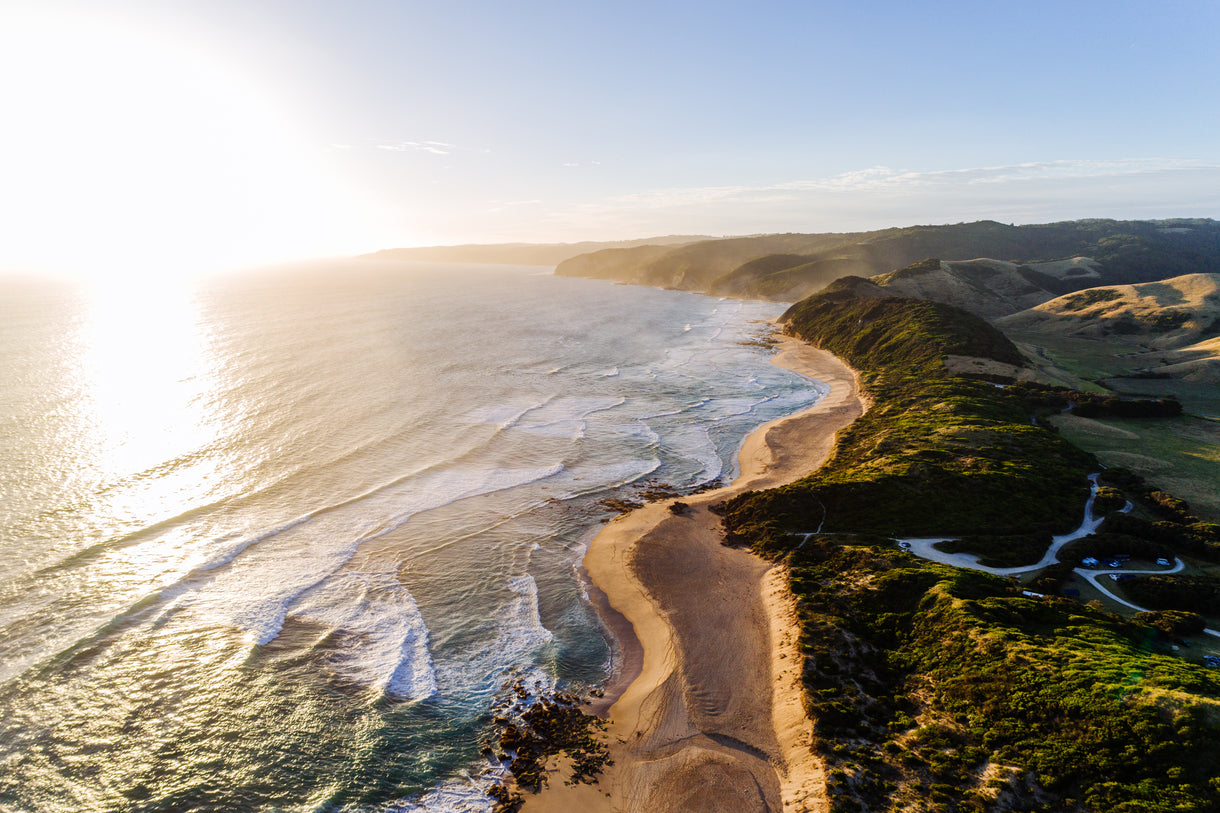
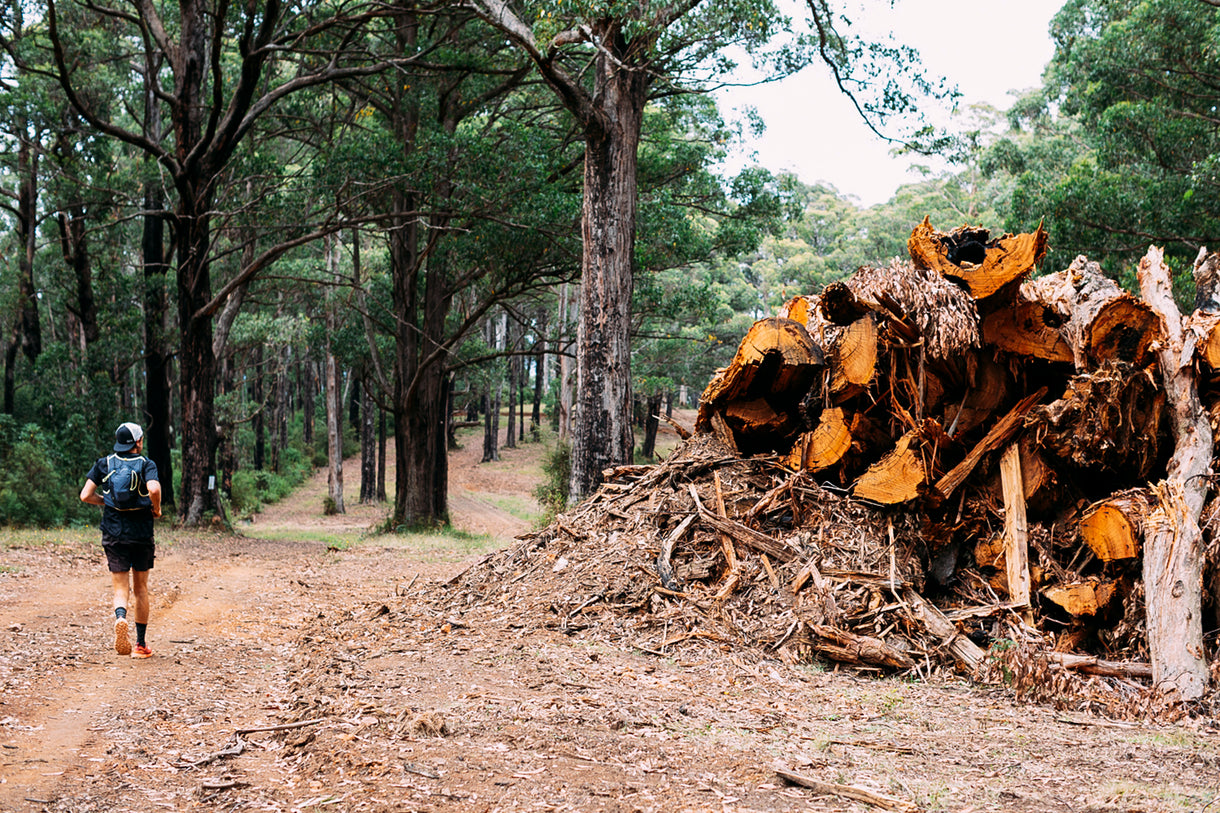
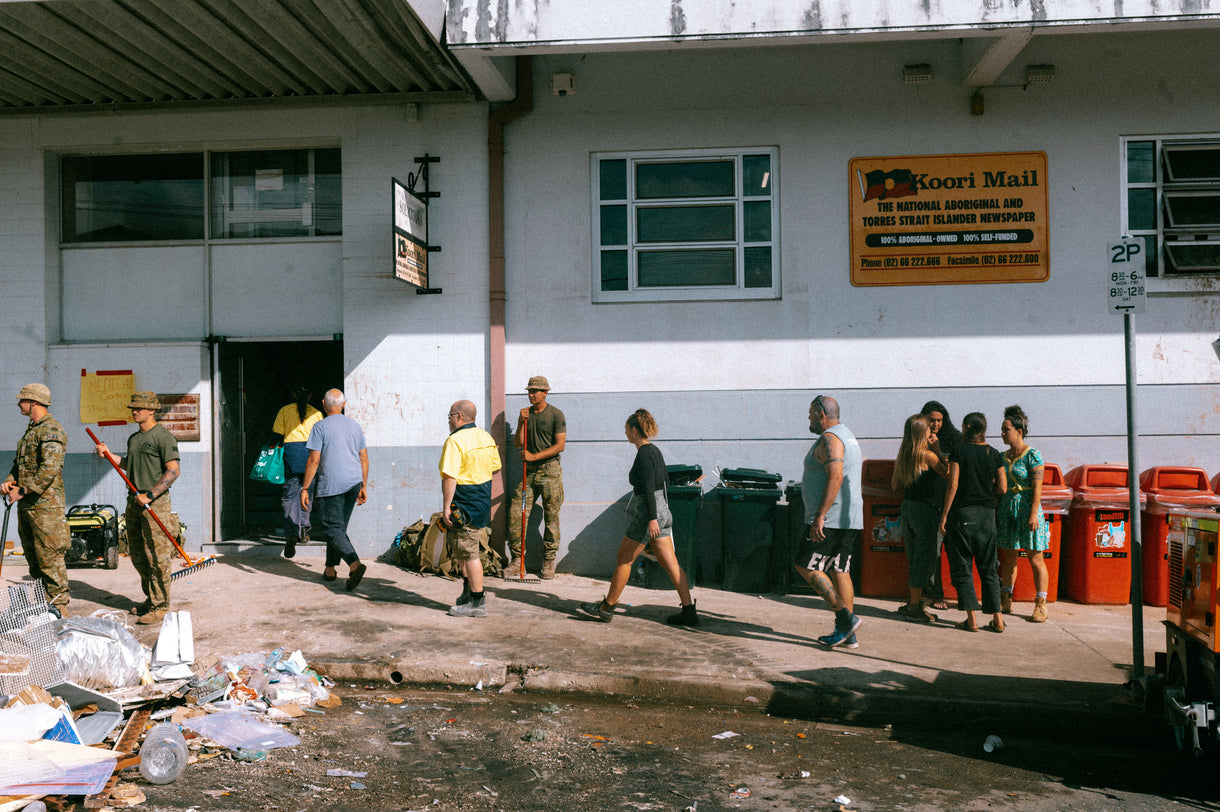

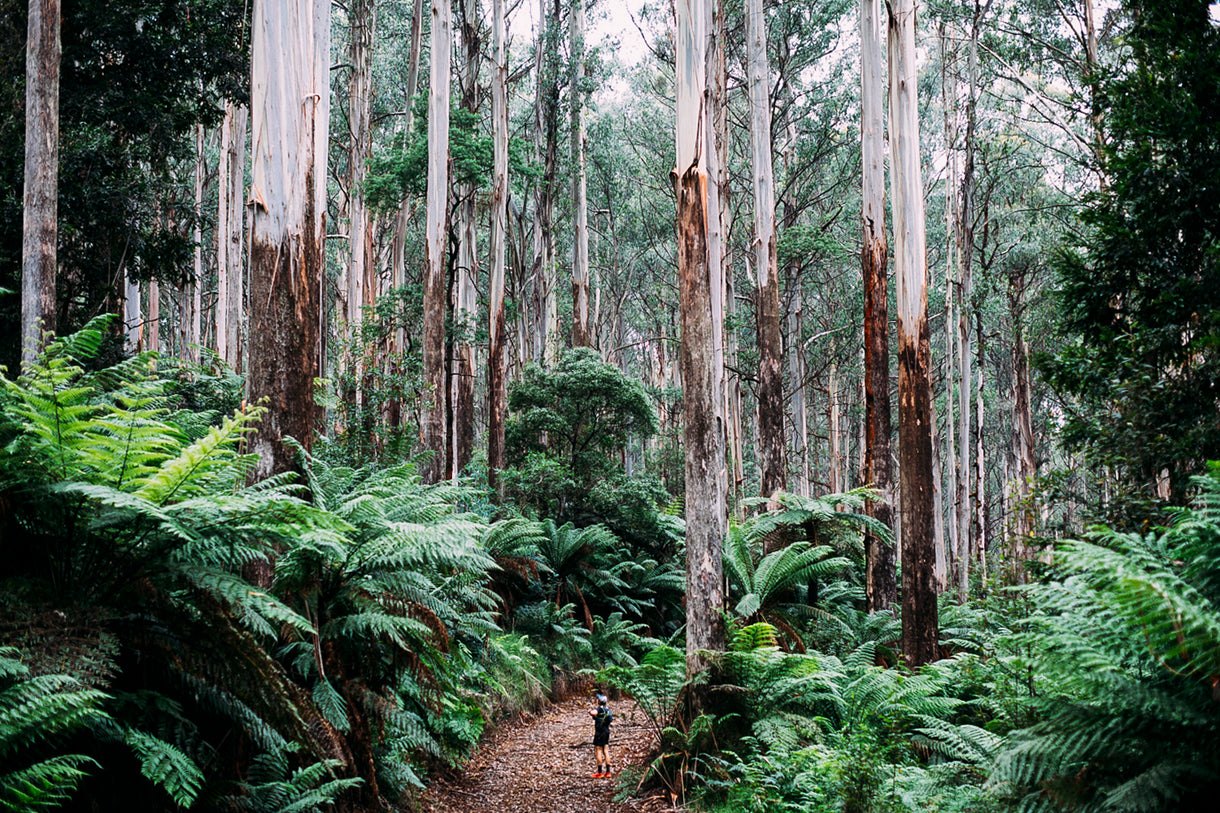
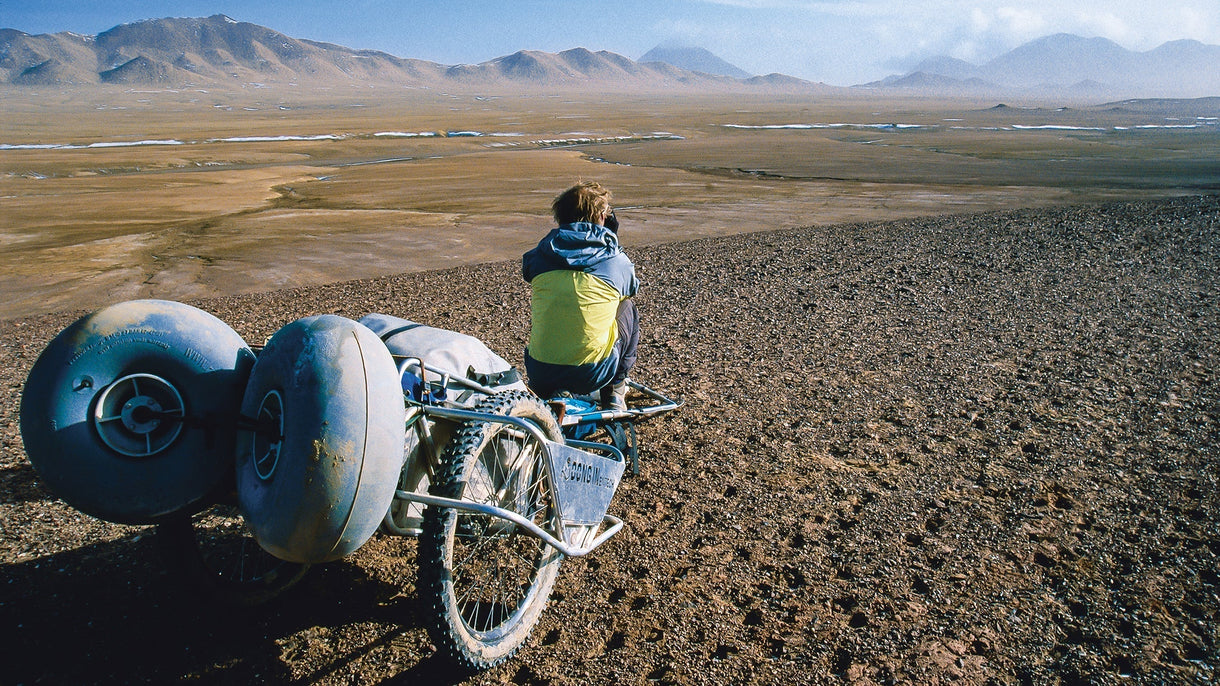



Elle is the PR and Communications Manager at Patagonia Australia and New Zealand. Before settling into life on the Surf Coast, she wrote about social and environmental justice issues, and design for Australian media as well as publications in Jordan and Japan.